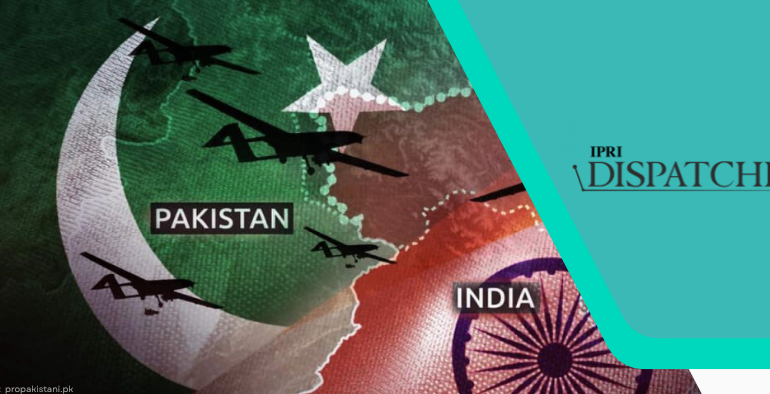The Israel-Palestine conflict is among the most protracted and unresolved conflicts in modern history. The Hague-based International Criminal Court (ICC) seeks to play a crucial role in ending impunity and investigating serious crimes such as genocide, war crimes, crimes against humanity, and crimes of aggression. However, its ability to deliver fair justice is severely tested in the politically charged conflict of Israel-Palestine.
In 2024, the ICC issued arrest warrants against Israeli Prime Minister Benjamin Netanyahu and former Defense Minister Yoav Gallant on charges of war crimes – including starvation as a warfare tactic, and crimes against humanity. Israel rejected the move, reiterating that it is not a party to the Rome Statute. The ICC, however, asserts jurisdiction based on Palestine’s 2015 accession, not from Israel’s membership.
The ICC’s foremost challenge is establishing jurisdiction before it can even gather and assess the evidence; it must follow the basic procedure of jurisdiction primarily. Strict rules and regulations limit the Court’s authority i.e., investigating acts of crime committed on the territory of a state party or by nationals of a state party involves myriads of legal intricacies.
Following its 2012 UN recognition as a ‘non-member observer State’, Palestine ratified the Rome Statute in 2015, strategically enabling ICC to prosecute alleged crimes committed in the occupied territories. However, the recognition move faced strong legal and political challenges, mainly based on the matter of the statehood of Palestine and the uncertainty of the border of the state.
It is argued that without universal state recognition, Palestine could not cede their sovereign jurisdiction over a territory to the court of the ICC. Nevertheless, after years of initial analysis, the 2021 Pre-Trial Chamber decision affirmed territorial jurisdiction over the West Bank, Gaza, and East Jerusalem – a procedural but a significant step enabling investigations.
Post-jurisdiction resolution of the ICC, yet another challenge which is faced by the prosecution office is the investigation. Israel, a non-state party, does not even recognise the legitimacy of the Court and investigators have consistently been denied field access to Israel and Gaza. At the same time, Hamas, which holds the de facto government status in Gaza, is also reluctant to cooperate with the ICC in its investigation, further limiting the access to Gaza.
This creates a grave situation on the ground; investigators cannot carry out field operations at reported crime sites, access in-person and secure testimony of the victims and witnesses or interrogate government and political officials.
Consequently, the prosecution relies on indirect but recognised methods such as satellite imagery, OSINT, NGO reports, and remote witness interviews. Additionally, this investigation makes it hard to employ the principle of complementarity. Under complementarity, the ICC must establish that national proceedings are absent, inadequate, or not undertaken in good faith, especially with regard to settler expansion and general massive military operations, though investigation of the inner mechanism of its military justice system is not possible.
This presents a legal challenge that complicates the already present practical challenges in the way of the investigation. In pursuit of impartial justice, the Court aims to hold perpetrators of atrocities accountable. But in the Israel-Palestine conflict, every decision rendered by the Court was met with accusations of being biased. Many opposing parties and states assert that the ICC has a deep anti-Israel bias that fuels antisemitism.
This is not just rhetoric but an attempt to impose political pressure to diminish the Court’s functioning. In 2020, the US imposed sanctions on ICC officials over investigations in Afghanistan and Palestine. The Biden administration revoked those sanctions on 2 April 2021, but the episode demonstrated the Court’s vulnerability to political retaliation.
The arrest warrants issued by ICC for Benjamin Nethanyahu and Yoav Gallant caused a diplomatic turmoil, which was condemned by some western states and applauded by others, emphasising the inconsistency between politics and legal procedure.
When discussing the enforcement of the ICC’s order, it is notable that the Court lacks a police force or any sort of enforcement body. While Rome Statute member states are legally obliged to execute arrest warrants, political realities make arrests of Israeli officials highly improbable, unless a third state takes an exceptional step.
Hence, there are minimal chances that Israeli leaders will surrender themselves before the ICC. This brings up the question that such non-enforcement diminishes ICC roles to a mere nominal activity and pronounces justice as an illusion.
The ICC’s engagement with the Israel-Palestine conflict underscores its dual nature: as a beacon of hope for accountability beyond state sovereignty, and a constrained institution limited by jurisdictional disputes, non-cooperation, and political resistance. Whether or not its warrants are enforced, the Court’s actions reaffirm that even the most powerful actors may fall within the reach of international criminal law, though the gap between law and enforcement continues to undermine its legitimacy.
Disclaimer: The views expressed in the article are of the author and do not necessarily represent the institute’s policy.
Authored by: Muhammad Asad, Senior Executive Corporate Law & Contracts. Telenor Pakistan.
Read More: Holding Israel Accountable for Breaching the Gaza Ceasefire Agreement

